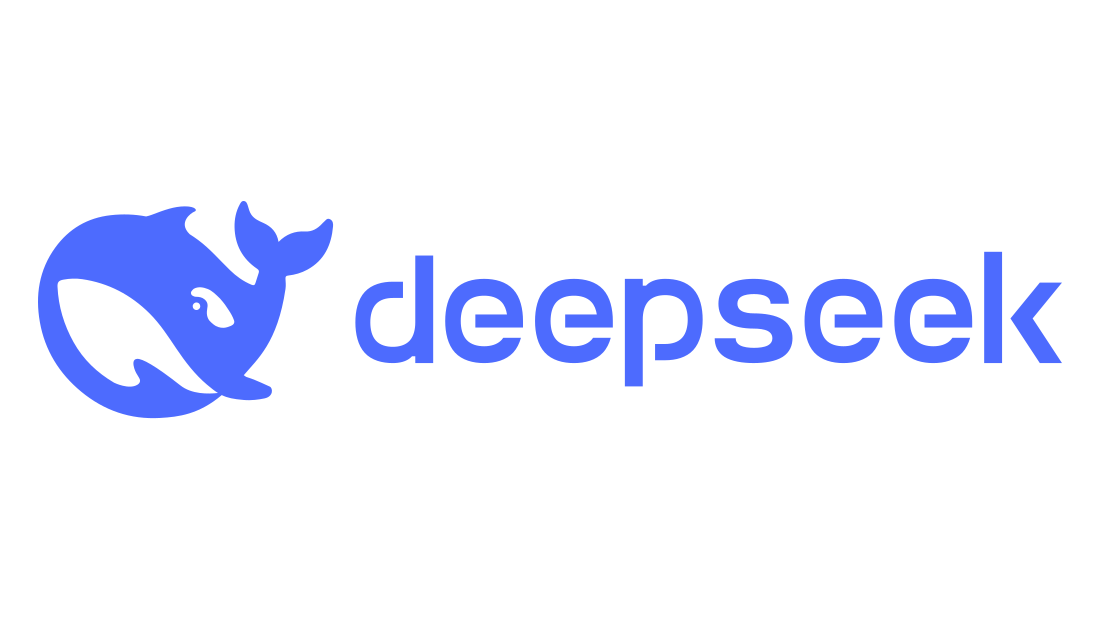The United States’ recent withdrawal from several international organisations has raised concerns about the future of global digital cooperation, but its impact on technology governance appears more limited than initial headlines suggest. In a blog post titled ‘USA’s exit from international organisations leaves digital governance largely unscathed’, Jovan Kurbalija argues that Washington is not abandoning digital multilateralism outright, but selectively disengaging from forums it sees as less aligned with its interests.
While the US stepped back from dozens of international initiatives in early January, most major technology-related bodies remained unaffected. Organisations central to standards, infrastructure, and spectrum coordination, such as the International Telecommunication Union and international standardisation bodies, continue to enjoy US support.
According to Kurbalija, this reflects a pragmatic calculation. Multilateral tech forums often enable the US to project power more efficiently than bilateral arrangements, particularly in areas such as global interoperability and satellite governance.
The most notable digital-related withdrawals were from the Freedom Online Coalition and the Global Forum on Cyber Expertise. Both initiatives focus on values-based cooperation, such as human rights online and cyber capacity development, and have limited institutional power. Kurbalija suggests the exits may signal a shift away from multilateral approaches to internet freedom and development-oriented cyber assistance, in favour of bilateral tools, national security measures, and tighter control over technology diffusion.
Greater uncertainty surrounds US disengagement from broader UN bodies with growing digital relevance, including UNCTAD and UN DESA. These organisations host discussions on digital trade, data governance, and the follow-up to global digital summits.
Although their work is unlikely to collapse, Kurbalija warns that reduced US involvement could weaken momentum, resources, and agenda-setting power, particularly in areas important to developing countries.
Overall, the blog argues that US digital governance policy is becoming more selective rather than isolationist. Washington appears willing to stay engaged where international cooperation supports its strategic and commercial interests, while withdrawing from spaces tied to development, training, or rights-based agendas.
For now, Kurbalija concludes, the foundations of global digital governance remain intact, but the balance of priorities is clearly shifting.
Would you like to learn more about AI, tech and digital diplomacy? If so, ask our Diplo chatbot!










